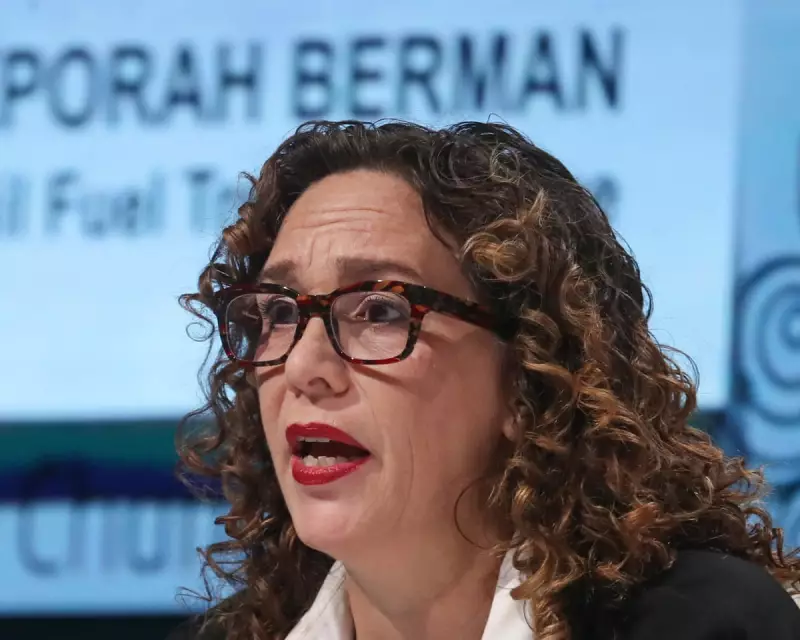
A profound shift is underway in the global fight against climate change, moving beyond mere emissions targets to tackle the root cause: fossil fuel production itself. The proposed Fossil Fuel Non-Proliferation Treaty, modelled on historic nuclear arms agreements, is gaining unprecedented momentum, challenging the very foundation of the global economy.
A Coalition for the End of Oil
Spearheaded by a vanguard of nations including Vanuatu, Tuvalu, and the European Parliament, the treaty seeks to orchestrate a fair and managed decline of the coal, oil, and gas industries. The core objective is to stop the expansion of new fossil fuel projects, phase out existing production in line with the 1.5°C Paris Agreement goal, and ensure a just transition to renewable energy for all workers and nations.
This is not a fringe idea. With endorsements from the World Health Organization, the Holy See, and 100 cities worldwide, the initiative is steadily marching from the peripheries of climate activism into the halls of global power.
The Industry's Contradiction: Planning for Its Own Demise
In a striking paradox, even the largest energy giants are now publicly discussing the end of the hydrocarbon era. The phrase "the last barrel" has become a corporate mantra, with companies like BP and Shell cautiously plotting a pivot towards renewables while still investing billions in new extraction.
Yet, critics argue this is a dangerous fiction. "Every company wants to produce that last barrel sold," says Tzeporah Berman, chair of the Fossil Fuel Non-Proliferation Treaty Initiative. This creates a perverse incentive to delay action, with each producer betting it will be the final one standing, thereby prolonging the lifespan of the entire industry.
The Staggering Production Gap
The treaty's necessity is underscored by alarming data. Governments collectively plan to produce more than double the amount of fossil fuels in 2030 than would be consistent with the 1.5°C target. This vast gulf between climate promises and energy policies represents the greatest obstacle to a livable planet.
The treaty framework proposes a solution: a global, cooperative mechanism to manage a decline, ensuring it is equitable. Wealthier nations, historically responsible for the majority of emissions, would phase out fastest, providing financial and technological support to developing nations reliant on fuel revenues.
The Road to Baku and Beyond
All eyes are now on COP29 in Baku, Azerbaijan, later this year. Treaty advocates are pushing for formal discussions to be placed on the agenda, a significant step towards legitimising it within the UNFCCC process. While opposition from major producer nations remains fierce, the political tide is turning.
This initiative represents a fundamental reframing of the climate debate. It’s no longer just about what comes out of our exhaust pipes and smokestacks, but about turning off the taps at the source. The push for this treaty signals a new, more confrontational, and perhaps more pragmatic phase in humanity’s effort to secure its future.





